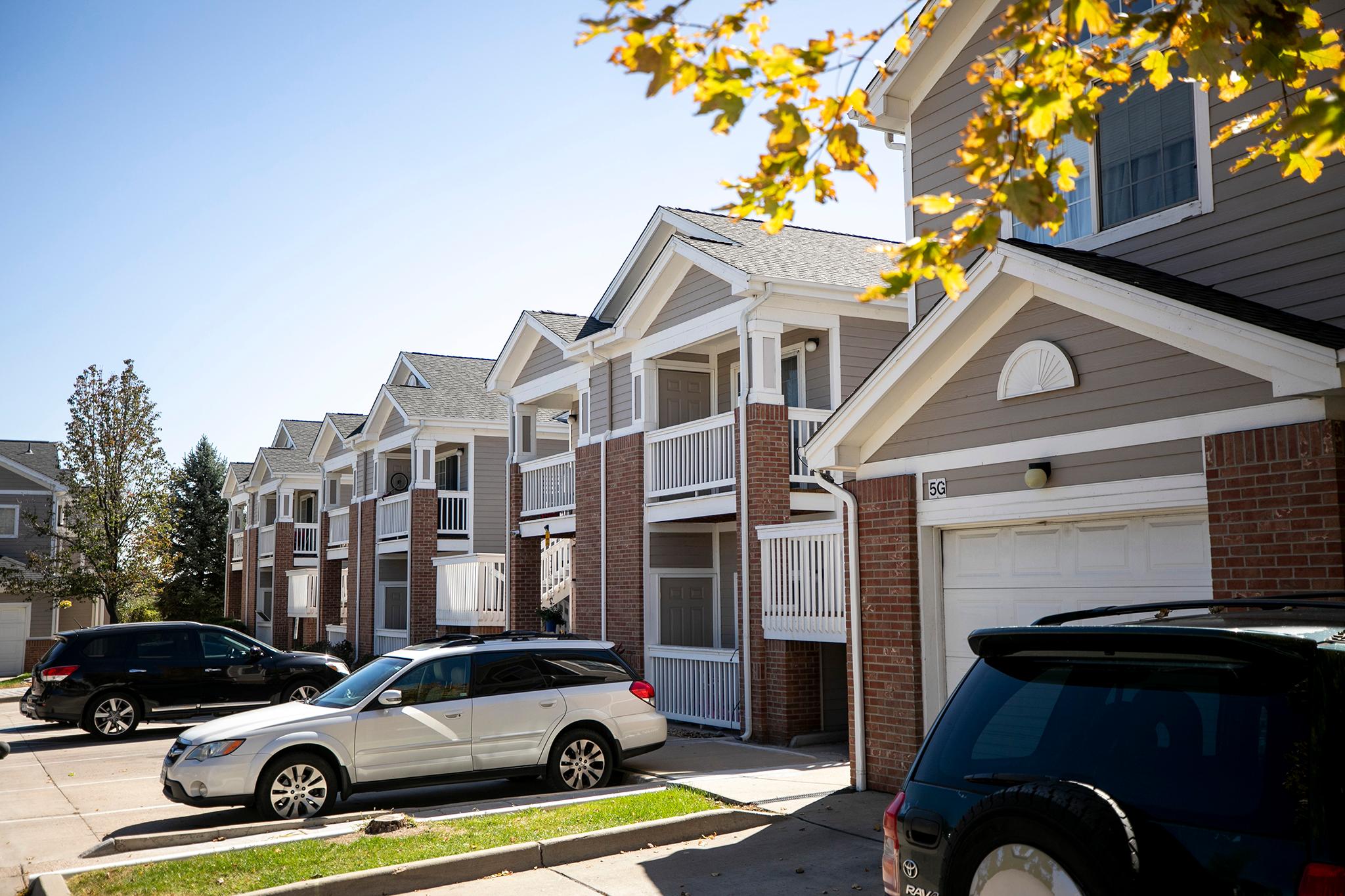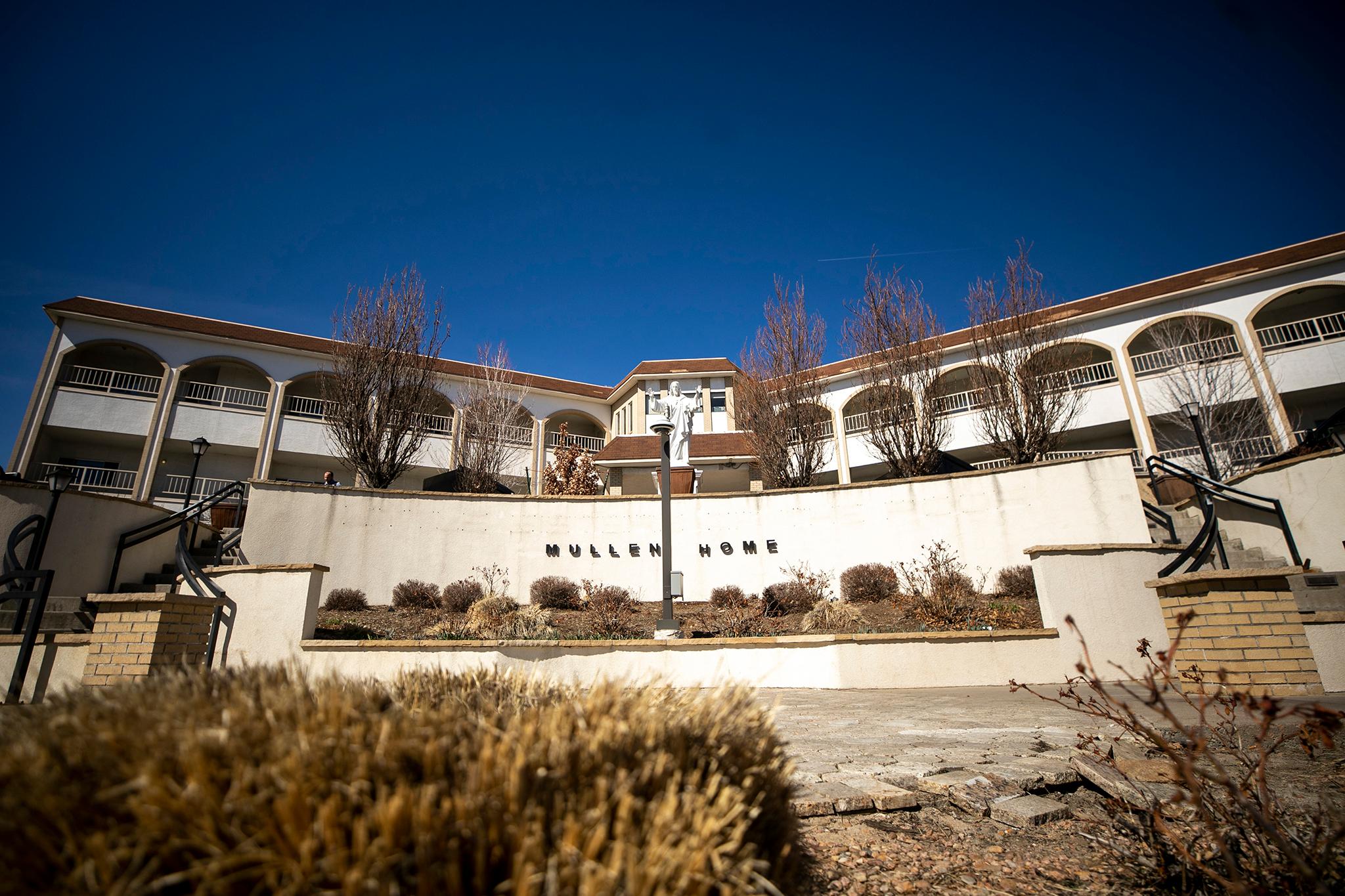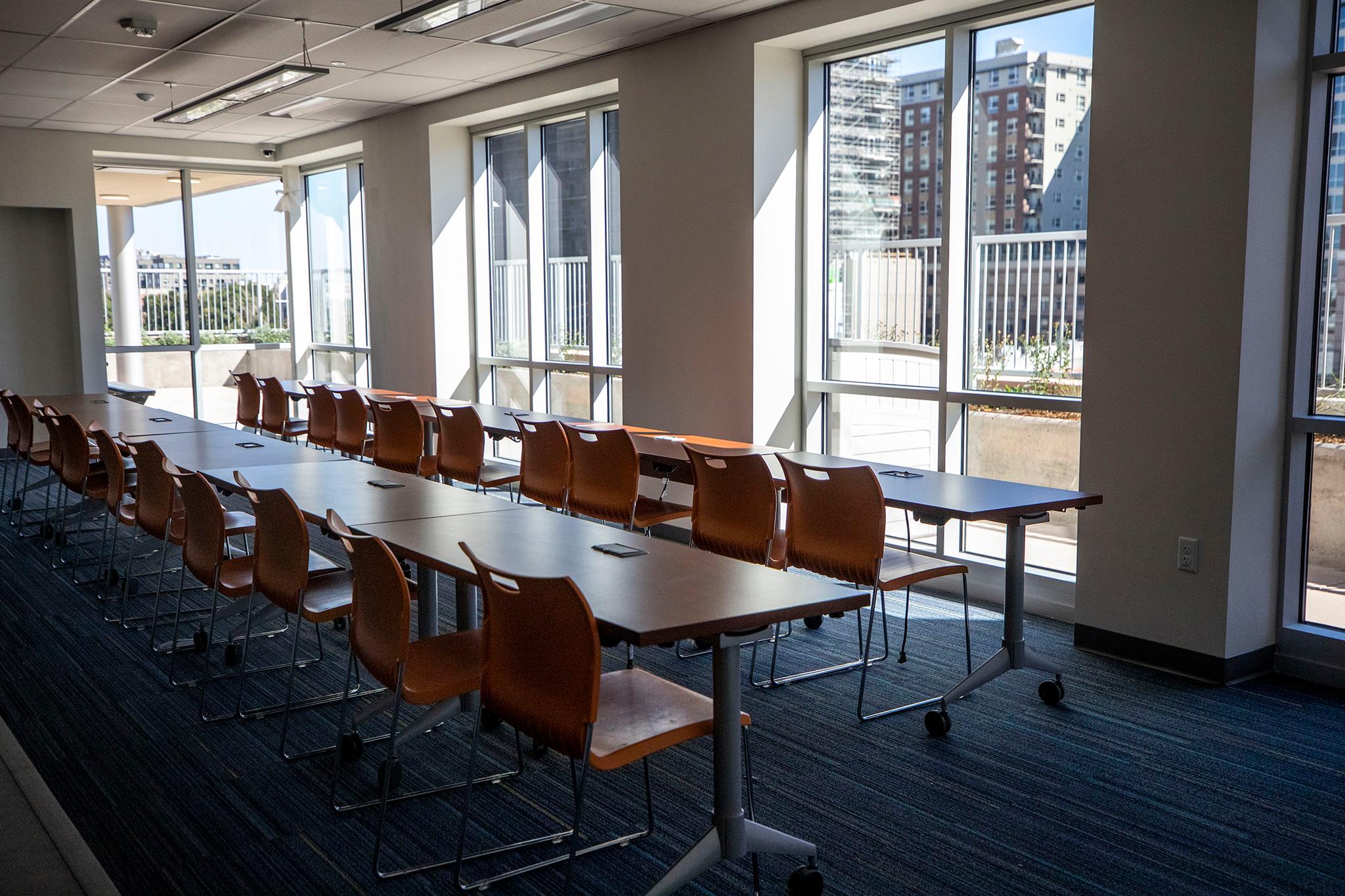Renting has always been something of a money pit for tenants, who get a place to stay while landlords build wealth. But Enterprise Community Partners -- a national income-restricted housing nonprofit -- is trying to come up with a new way to share some profits with tenants while incentivizing them to pay rent on time.
For years, the company worked to keep rents affordable and properties in good shape. But the investors realized tenants weren't seeing any real benefit from their investment into the property and wanted to encourage them to have a greater sense of ownership -- even if they didn't actually own.
"So we looked at ways we could build wealth building into our impact investing practice, and what we did was we committed to taking a portion of our investment returns and dedicated them to the upward mobility of our residents," Chris Herrmann, chief investment officer and fund manager of Enterprise's real estate equity business, told Denverite.
The company interviewed tenants at its current properties to learn about the perks they'd like to see, and Enterprise based what it's calling the Renter Wealth Creation Fund on those ideas.
There are three ways tenants can benefit.
Most immediately, they will receive monthly cash-back rewards when they make timely rent payments to help them meet urgent financial needs. The money can be used to pay bills, buy takeout, or to save -- really, anything the tenant wants or needs.
The second benefit happens in the case the property's owners sell or refinance. Assuming they make a profit, some of that money will be shared, in a one-time payment, to tenants, through Enterprise Community Partners.
The third benefit is that tenants will receive a variety of resident services, including financial literacy training, support groups, youth programming, wellness activities and more, according to a statement.
The investors also plan to put $1.7 million in renovating the properties to ensure they offer a high quality of life.
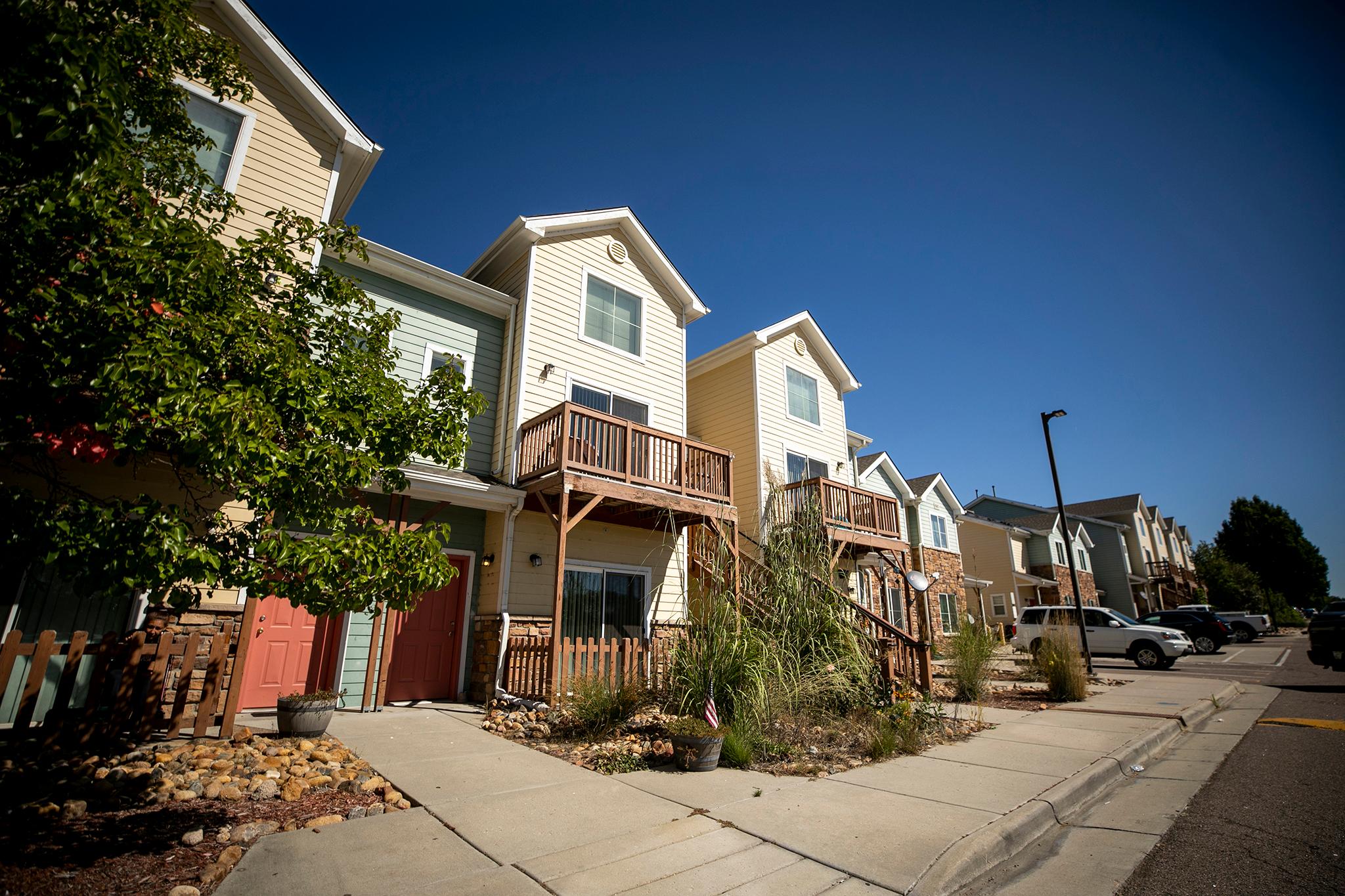
Where is all this happening?
The company is launching the fund at two properties owned by Archway Communities in Arvada: Sheridan Ridge Townhomes, at 5275 W. 66th Ave., and Willow Green Townhomes, at 6985 Sheridan Blvd.
Both properties offer a total of 125 apartments and 13 residential buildings. Sheridan Ridge, built in 2003, includes between one- and four-bedroom layouts; Willow Green, built in 2005, includes two- and three-bedroom apartments
The apartments are priced for people making between 30% and 100% of the area median income, or between $10,545 and $35,150 for a family of four, in Jefferson County.
The average rental rate across all the homes is around $1,600. The range is $631 to $2,600.
Who pays for all these perks? And aren't the investors losing money?
"We were really sensitive in structuring this to ensure that the developer, owner, operator partners we work with to buy properties have proper incentives and their incentives are not in effect eliminated as a consequence of this," Herrmann explained.
In short: They still make money.
The efforts are funded by financial returns from enterprise bond funds and do not impact investors' returns. But there is also philanthropic money involved, including a grant from the New York Life Foundation.
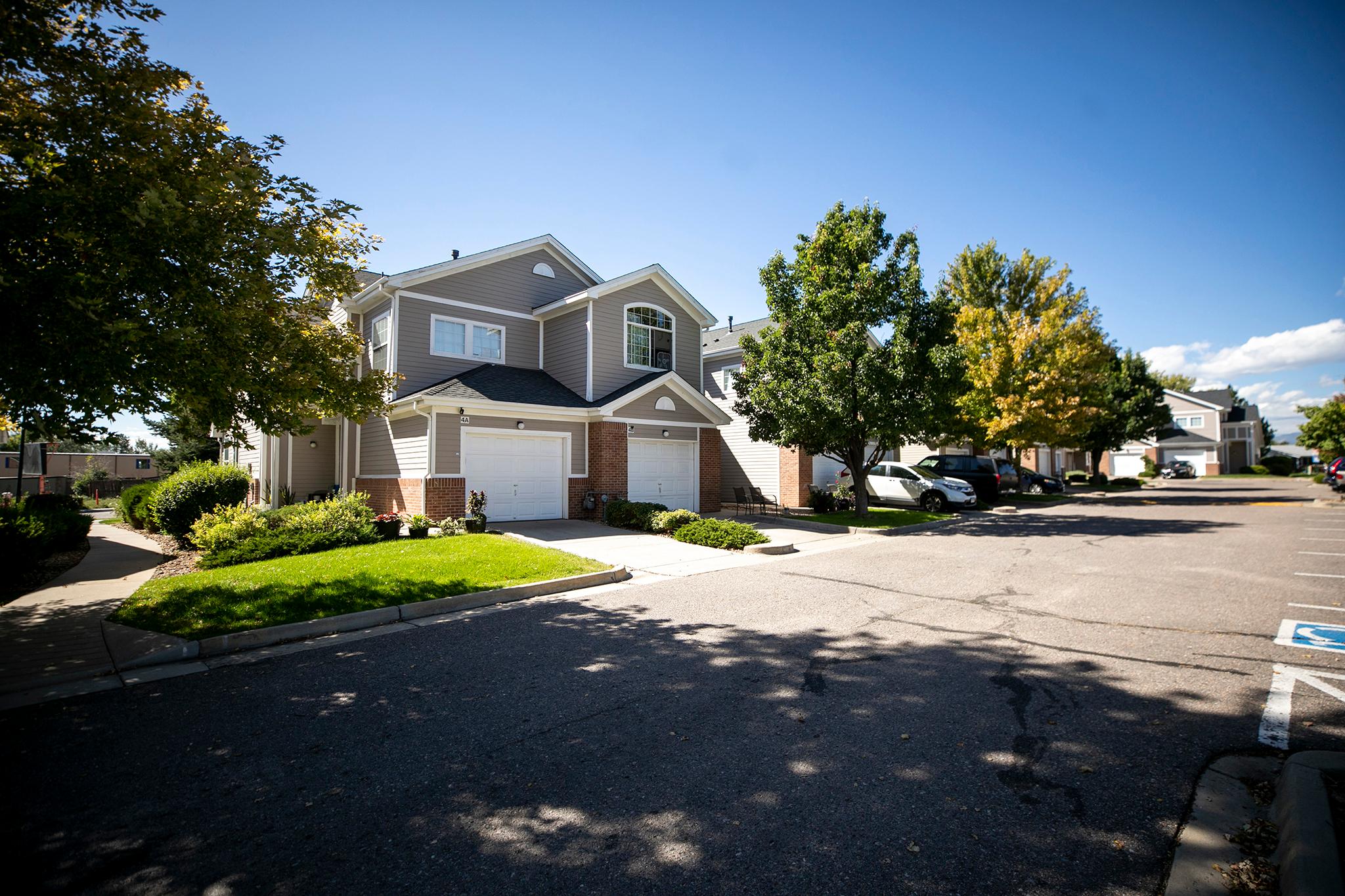
"The New York Life Foundation is focused on fostering generational wealth-building solutions for traditionally underserved communities," explained Heather Nesle, President of the New York Life Foundation, in a statement. "The Renter Wealth Creation Fund fits that focus as an innovative strategy that actively encourages savings and provides direct financial support to renters, thereby paving the way for increased asset accumulation over time. We're excited to be a part of this initiative and thrilled that the first properties have been identified."
Herrmann hopes these tenant benefits offer a national model.
"It's certainly our hope that this becomes a more mainstream approach to investing in real estate and that what we're doing here will sort of be a bit of field building, not just in the affordable housing industry, but in market-rate housing as well," Hermann said.
The hope is that the more invested tenants are in the property the more committed they will be to its upkeep and the longer they'll stick around.
"What we hope to demonstrate is that this leads to better-performing properties in a way that you could draw comparisons to employee-owned companies," Herrmann said.

